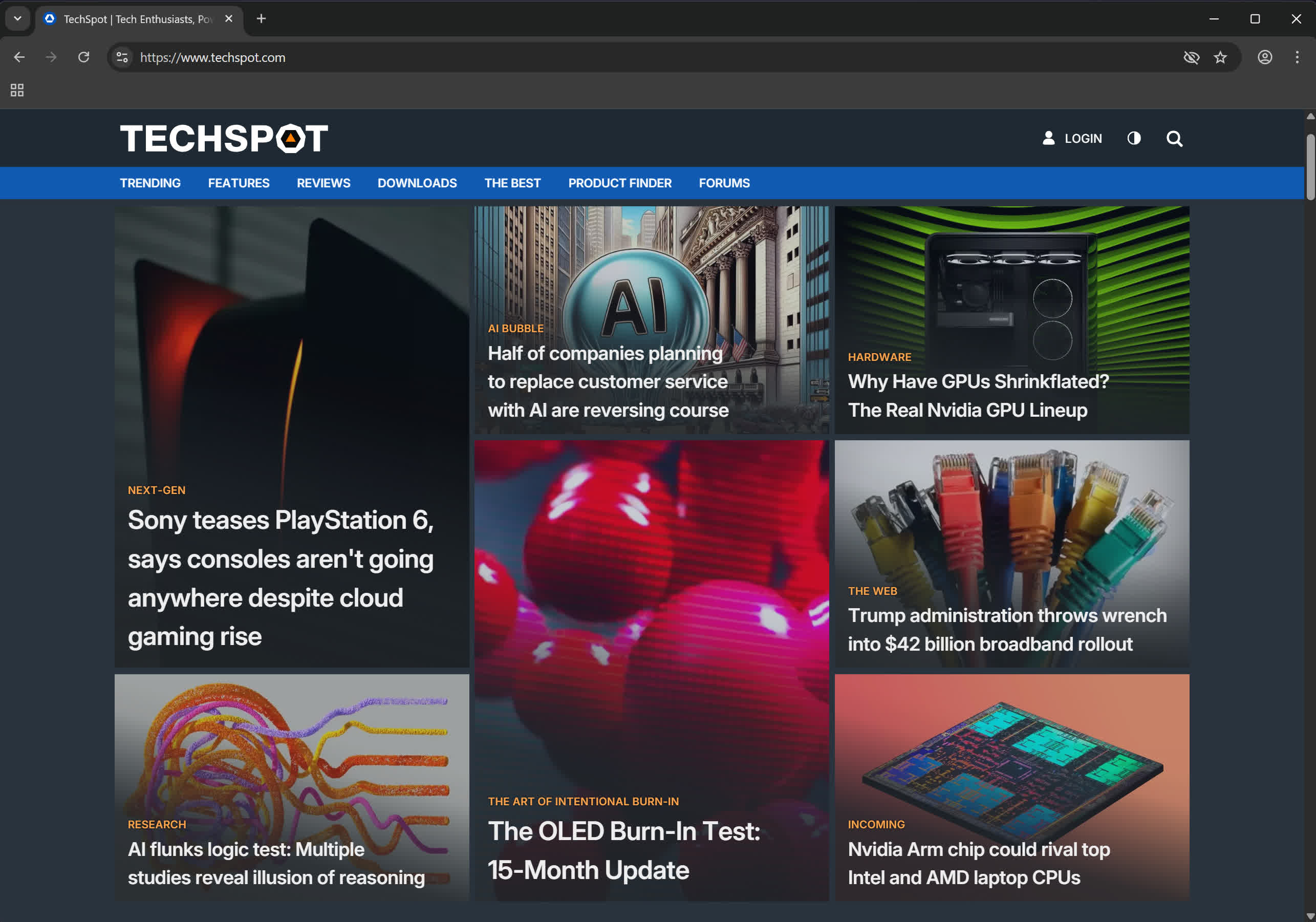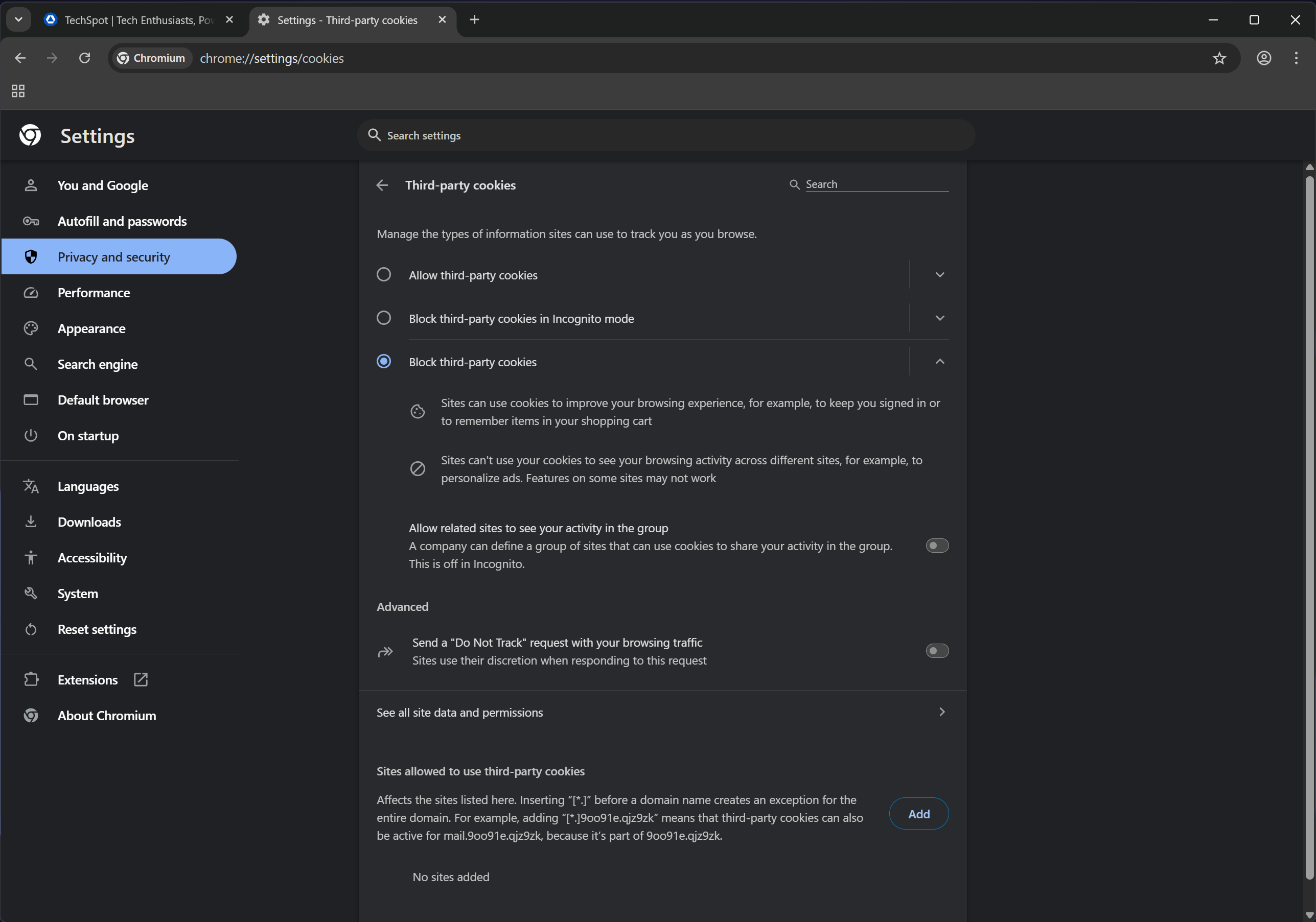Ungoogled Chromium is is essentially a drop-in replacement for Chromium sans dependency on Google web services. It retains the default Chromium experience as closely as possible but also features some tweaks to enhance privacy, control, and transparency (almost all of which require manual activation or enabling).
What are the main differences between Google Chrome and Ungoogled Chromium?
Ungoogled Chromium removes many services that the regular Chrome browser uses that rely on Google and usually track your usage. Even Google's Safe Browsing is disabled to avoid communication with the company. However, if you want a similar kind of protection you can use extensions such as uBlock Origin. As long as you (take the time to customize it) learn how to use it properly, you can enjoy a Chrome-like browser without the privacy implications.
What are key features of Ungoogled Chromium?
- Disable Google Host Detector, Google URL Tracker, Google Cloud Messaging, Safe Browsing etc.
- Force all pop-ups into tabs
- Add Omnibox search provider "No Search" to allow disabling of searching
- By default it clears all cookies upon quitting
- Do not set the Zone Identifier on downloaded files
Features
- Replace many web domains in the source code with non-existent alternatives ending in qjz9zk (known as domain substitution; see docs/design.md for details)
- Strip binaries from the source code (known as binary pruning; see docs/design.md for details)
- Disable functionality specific to Google domains (e.g. Google Host Detector, Google URL Tracker, Google Cloud Messaging, Google Hotwording, etc.)
- This includes disabling Safe Browsing. Consult the FAQ for the rationale.
- Add many new command-line switches and chrome://flags entries to configure disabled-by-default features. See docs/flags.md for the exhaustive list.
Enhancing Features:
- Use HTTPS by default when a URL scheme is not provided (e.g. Omnibox, bookmarks, command-line)
- Add Suggestions URL text field in the search engine editor (chrome://settings/searchEngines) for customizing search engine suggestions.
- Add more URL schemes allowed to save page schemes.
- Add Omnibox search provider "No Search" to allow disabling of searching
- Add a custom cross-platform build configuration and packaging wrapper for Chromium. It currently supports many Linux distributions, macOS, and Windows. (See docs/design.md for details on the system.)
- Force all pop-ups into tabs
- Disable automatic formatting of URLs in Omnibox (e.g. stripping https://, hiding certain parameters)
- Disable intranet redirect detector (extraneous DNS requests)
- This breaks captive portal detection, but captive portals still work.
- (Iridium Browser feature change) Prevent URLs with the trk: scheme from connecting to the Internet
- Also prevents any URLs with the top-level domain qjz9zk (as used in domain substitution) from attempting a connection.
- (Iridium and Inox feature change) Prevent pinging of IPv6 address when detecting the availability of IPv6. See the --set-ipv6-probe-false flag above to adjust the behavior instead.
- (Windows-specific) Do not set the Zone Identifier on downloaded files
What's New
- Windows versions updated to 137.0.7151.119-1.1
- macOS version updated to 137.0.7151.119-1.1
- Linux version updated to 137.0.7151.119-1
- Add many new command-line switches and chrome://flags entries to configure new features (which are disabled by default). See docs/flags.md for the exhaustive list.
- Add Suggestions URL text field in the search engine editor (chrome://settings/searchEngines) for customizing search engine suggestions.
- Add more URL schemes allowed to save page schemes.
- Add Omnibox search provider "No Search" to allow disabling of searching
- Add a custom cross-platform build configuration and packaging wrapper for Chromium. It currently supports many Linux distributions, macOS, and Windows. (See docs/design.md for details on the system.)
- Force all pop-ups into tabs
- Disable automatic formatting of URLs in Omnibox (e.g. stripping http://, hiding certain parameters)
- Disable intranet redirect detector (extraneous DNS requests)
- This breaks captive portal detection, but captive portals still work.
- (Iridium Browser feature change) Prevent URLs with the trk: scheme from connecting to the Internet
- Also prevents any URLs with the top-level domain qjz9zk (as used in domain substitution) from attempting a connection.
- (Windows-specific) Do not set the Zone Identifier on downloaded files



